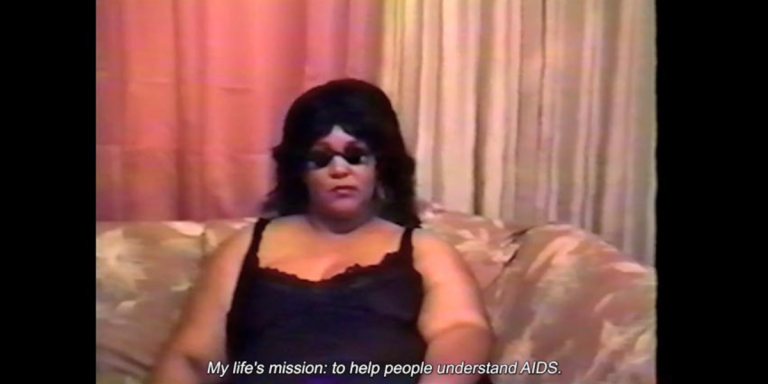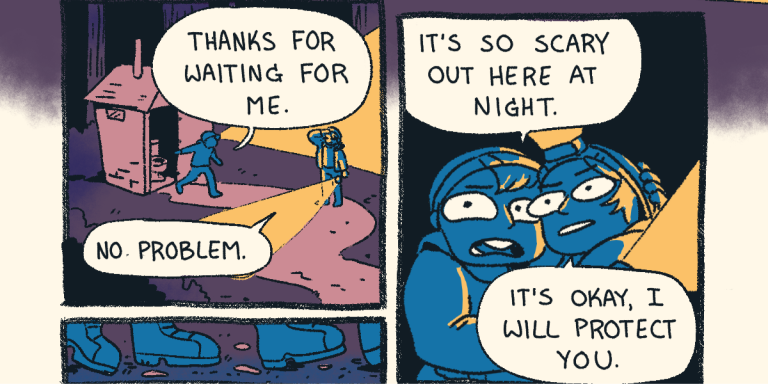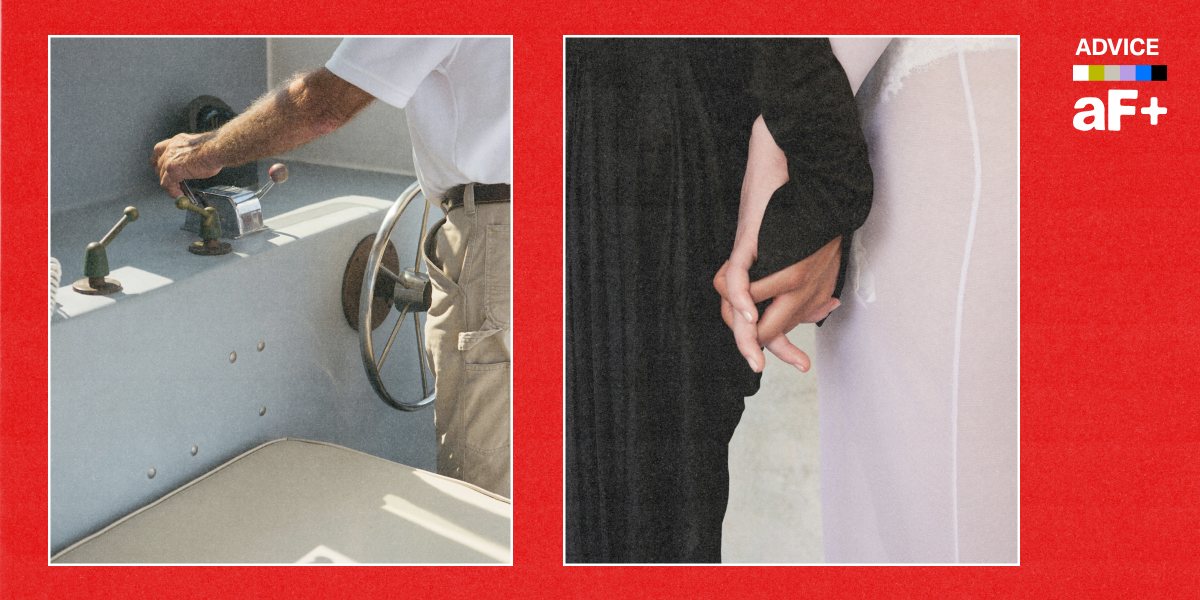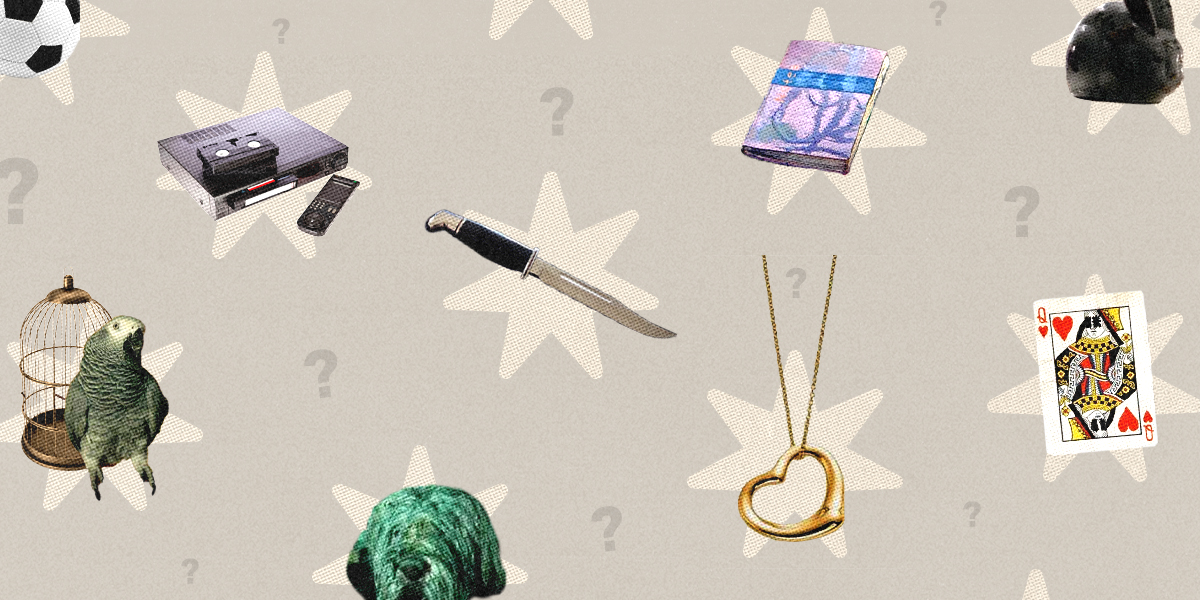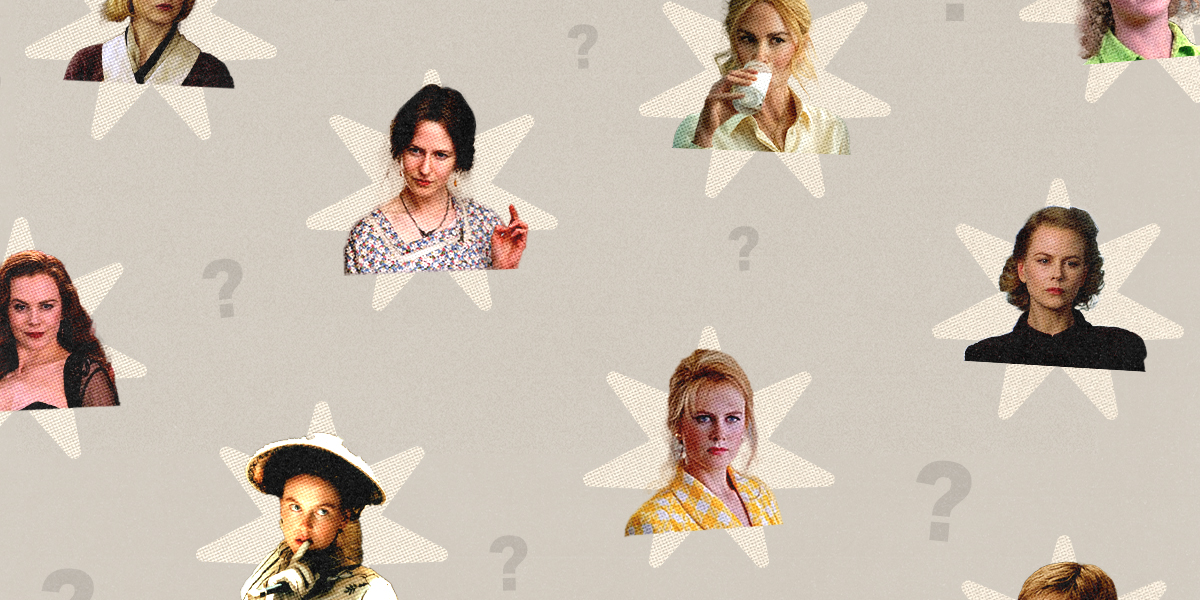Vic as Moodeng
Jul 15, 2025
Latest Articles
Pick An Actual Category, You Strange Genius
Jul 15, 2025
Lgbt History
Mar 21, 2025
Television
Mar 21, 2025
Af+
Mar 21, 2025
Sports
Mar 21, 2025
pop culture fix
reality tv
#affiliatemarketing
kristen arnett
AF+
pick an actual category, you strange genius
Primary Heading As the election was called in Trump’s favor in November, Willis, Cruz, and other organizers recognized the need…
Vic as Moodeng
Jul 15, 2025
LGBT History
TV Feature
Enjoy our content in print form – delivered quarterly to All-Access Members!
*on quarterly + annual subscriptions
LEARN MORE
From the Archive
Into the AF+ Advice Box
Need Advice? Talk Queer to Us
Have a dream you want interpreted or a question for the tarot?
Quizzes & Puzzles
Become a Member
Become a Member to support queer journalism
What You Get:
LEARN MORE
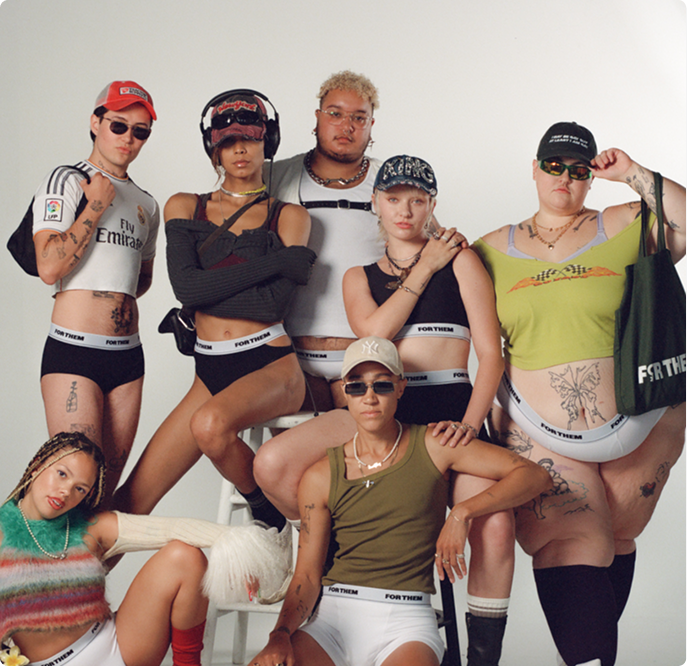

Become a Member
Become a Member to support queer journalism
LEARN MORE
Hero Posts
The Latest
Love + Sex
Sep 5, 2023
First Person
Sep 29, 2022
Love + Sex
Sep 1, 2022
Featured Series

Welcome to Out the Movies, a film newsletter by Autostraddle senior editor Drew Burnett Gregory. Instead of a basic roundup of new queer movies and Autostraddle articles, the newsletter will have a deep dive on a topic exclusively for AF+ members. We hope you enjoy!
Af+
Drew Burnett Gregory

Welcome to a new series called Dykes Discuss, where we discuss media and topics that aren’t necessarily lesbian-forward but that we still want to weigh in on! We have fun!
Af+
Drew Burnett Gregory
Af+
Kayla Kumari Upadhyaya
Culture
Community
Emma Cieslik
Community
Riese
Community
Kayla Kumari Upadhyaya
Community
motti




